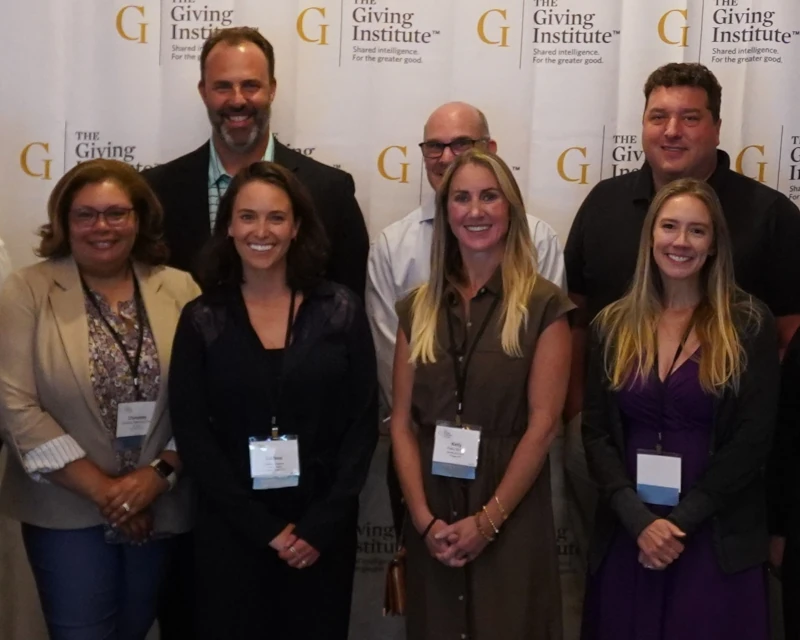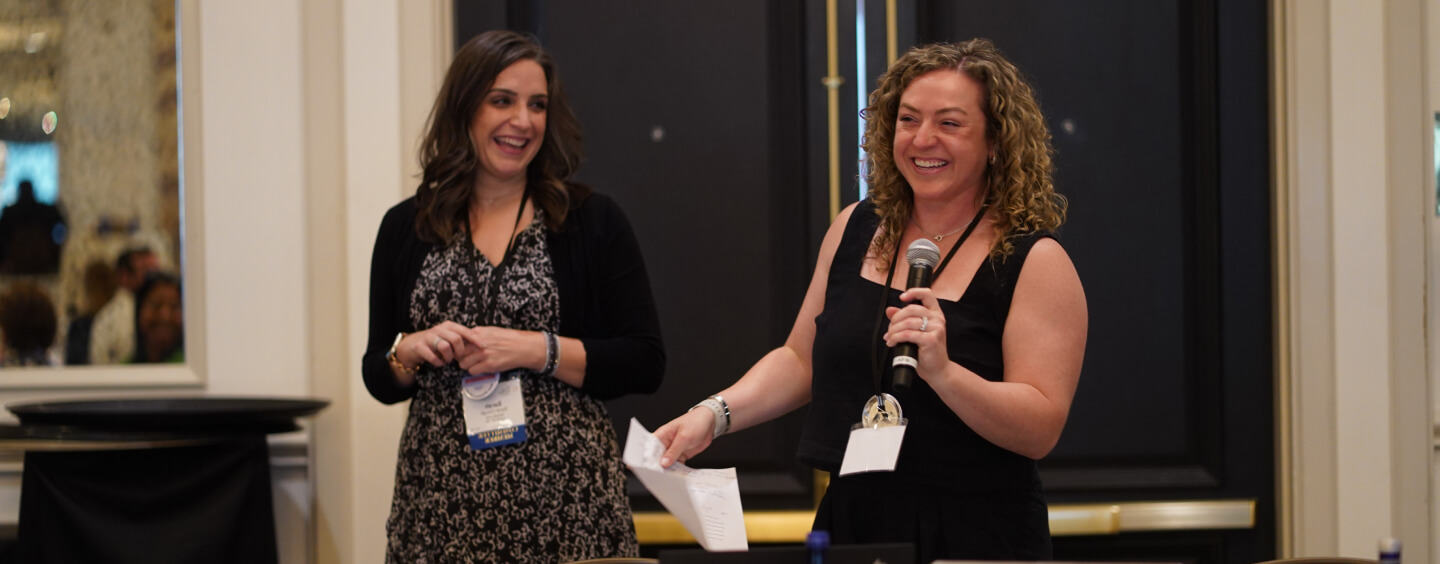Why Choose a GI Member?
Is your nonprofit organization in need of fundraising counsel or related services? If so, choose a firm with a history of ethical delivery and unparalleled experience – a member of The Giving Institute. Our member firms’ collective knowledge gives them the advantage when it comes to providing expert fundraising counsel and related services to nonprofit organizations.
The Giving Institute’s member firms are professionally and geographically diverse, raising billions of dollars annually for and providing invaluable counsel and services to philanthropic institutions.

Since 1935, member firms of The Giving Institute have been providing intelligent leadership that has been empowering the nonprofit sector. When it comes to choosing counsel, shouldn’t you rely on an intelligent leader that delivers results?
SEARCH FOR A GIVING INSTITUTE MEMBER:
How to Choose Counsel
EIGHT STEPS FOR CHOOSING COUNSEL:
STEP #1: IDENTIFYING PROSPECTIVE CONSULTANTS
Once the board and staff leadership has affirmed the desire to investigate consultants or consulting firms, they can identify a pool of candidates via three main avenues.
- Referrals: Ask board members or colleagues.
- Directories: This directory or others are excellent sources of information.
- Advertisements: Respond to advertisements in trade periodicals.
STEP #2: PRELIMINARY SCREENING
- Basic Information: Request basic information from each firm. Find out generally what kinds of services they provide.
- Detailed Information: Narrow the field to three or four candidates and arrange a face-to-face briefing with each.
STEP #3: REQUEST FOR PROPOSALS
- Proposal Content: After the briefing, request proposals from each of the firms with whom you meet. Proposals should clearly state the costs, fees, services, and a preliminary schedule.
STEP #4: CHECK REFERENCES
- Calling References: Always ask for references; always check them carefully. Ask the clients if they would hire the firm again.
- Successful and Unsuccessful Campaigns: Ask for three references from satisfied clients and one reference from a client whose objectives were not achieved or where the firm or the organization resigned from the contract.
Step #5: Chemistry
There are many ways of understanding a subject and of applying that knowledge when making a decision.
- Impressions: Your personal impression of key staff people will influence your decision.
- Objectivity: The search for a consultant should be as objective as possible, de-emphasizing where possible preferences about such factors as attire.
- Being Realistic: On the other hand, personal preferences are part of every professional relationship and every hiring decision. If you really do not relate well to someone when he or she is trying to impress you, chances are the relationship will not improve.
- Professional Judgment: Instincts sometimes arise from wisdom. You should trust them but not allow them to overshadow the facts.
Step #6: Notifying Candidates
- Notify Everyone: Notify all candidates of your decision. It is considered a courtesy to explain briefly the reasons for your choice to the consultants you did not select.
Step #7: Contracts
The contract is very important and should be specific and detailed. This is the best time to uncover and iron out expectations or potential misunderstandings. Legal counsel should be consulted regarding appropriate terms and their use in the document. The following matters, as well as others recommended by the organization’s board or legal advisor, should be elucidated in detail in a contract or a letter serving as a contract.
- Services: What services will be provided? When and how often will you receive reports, and what will they contain?
- Schedule: Time period. If the period is expressed in days, how many hours is the day? If it is a product or service delivery, when will phases start, and when will each be finished?
- Fees: What specific professional fees will be billed? What is the billing schedule? What additional expenses will be reimbursed by the client, up to what amount? Is there an administrative or contingency fee?
- Custody of Funds: All funds raised for your organization should go directly to you. Do not permit counsel to maintain custody of funds.
- Termination Clauses: Under what conditions may the agreement be terminated by either party?
- Personnel: Which people from the firm will provide direct services, and what other professionals may be called upon to support them?
- Fiscal Responsibility: Who in the organization is responsible for contractual decisions, and who is responsible for rendering payment?
- Location: Where will the services be rendered, on-site or off-site?
Step #8: State Regulations
- Compliance: Most states require both charities and fundraising professionals to register and follow certain procedures before commencing a campaign. Make sure both the organization and the fundraiser are in compliance.
Summary of State Laws: A summary of the state laws, including the addresses and telephone numbers of state regulatory entities, is available from the Giving USA Foundation at www.givingusa.org.
Current Members
Advanced Member Search
To search for fundraising counsel or fundraising technology services, use the search feature below. Search by criteria (name of company, location, type of market, or type of services) or leave blank and select “Continue” to populate all.
* “Location” field is “State” for the United States.
For any questions, contact (312) 981-6794.
